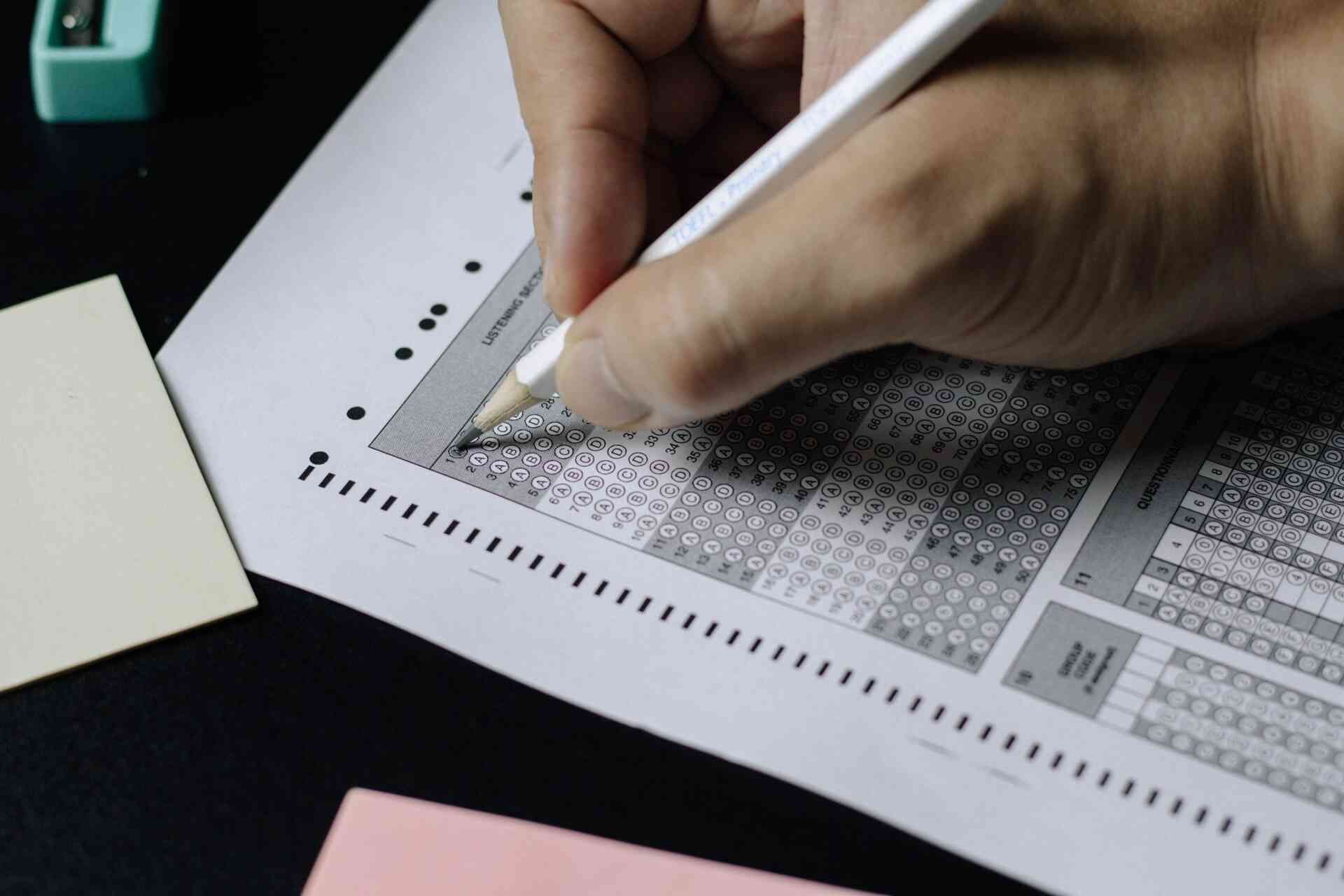With грамотность (a literacy rate) close to 100%, Russia shows its great concern about образование (education). According to Конституция Российской Федерации (the Constitution of the Russian Federation), education is compulsory and lasts for 9 years, from age 7 up to 16, and is free.
In Russia there are three levels of education: начальная и средняя школа (primary and secondary school), колледж (college) and университет (university). Though pre-school education is not compulsory, it is very important and most Russian children follow the class.
Kindergarten, for an Early Start
Дошкольное образование (pre-school education) can start as early as 2 years old until 7 years old. Children going to детский сад (kindergarten) are taught the basic of writing, reading and counting, as well as music and drawing.
Compulsory Education for Strong General Knowledge
At the age of 7, children start начальная школа (primary school). After they enter средняя школа (secondary school) until age 16, from form 5 to form 9. They continue to study general knowledge until the final exam. When finishing the 9th form, students might choose to go to a vocational school where they will study and follow a training program to learn a profession.
Those who want to receive higher education must go to a secondary school for another 2 years. At the end of the 11th form, all students must take an exam called ЕГЭ (Единый государственный экзамен) – Unified State Exam.
Higher Education in Russia
With this exam, students might apply for entrance to ВУЗ – высшее учебное заведение (a higher education institution), like an institute or university. Both offer a 5-years study program of academic subjects for undergraduates and a program for graduates to write a thesis or a doctoral degree.
The Grading System
Russians have a five point grading system: пять – отлично (5 is excellent), четыре – хорошо (4 is good), три – удовлетворительно (3 is satisfactory), два – неудовлетворительно (2 is negative) and кол – единица (1 is poor). The last mentioned is very rarely used as it represents a complete failure.
At the end of their 11 years of studies, students who only got “five” during this time receive a gold medal. This medal gives students a good advantage for admission to a higher education institution of their choice.

